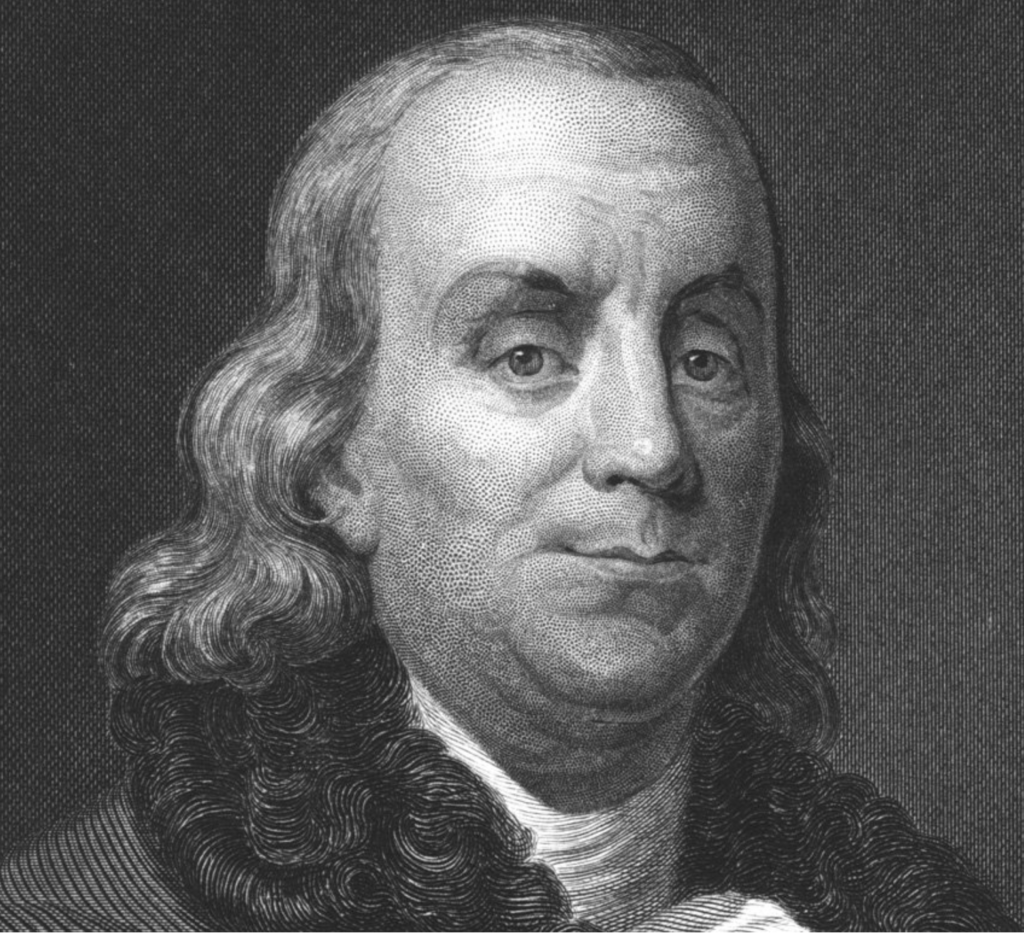
Over 2300 years ago, Aristotle wrote in Nicomachean Ethics:
Although the young may be experts in geometry and mathematics and similar branches of knowledge, we do not consider that a young man can have Prudence. The reason is that Prudence includes a knowledge of particular facts, and this is derived from experience, which a young man does not possess; for experience is the fruit of years.
Aristotle recognized that experience is a necessary, though not a sufficient condition, for the acquisition of wisdom. Those who gain this most valued gift acquire it through years of reflective observation of life, human behavior, and personal introspection. Knowing oneself, the origins of one’s goals and ambitions as well as personal vulnerabilities and fears enables a person to understand the emotions of others. As the years turn into decades, those who travel through life with such a reflective habit of mind begin to see patterns in life, in human behavior and in those things that foster trust or create hostility.
Centuries before Aristotle, the Chinese philosopher Confucius observed, “By three methods we may learn wisdom: first, by reflection, which is noblest; second, by imitation, which is easiest; and third by experience, which is the bitterest.” The first of these routes to wisdom was modeled by Ben Franklin, who is famous for many things including his adages that he published in The Poor Richard’s Almanack. One of the these that he employed in achieving so many of his goals is captured in the following:
In studying law or physick, or any other art or science, by which you propose to get your livelihood, though you find it at first hard, difficult and unpleasing, use diligence, patience and perseverance; the irksomeness of your task will thus diminish daily, and your labour shall finally be crowned with success. You shall go beyond all your competitors who are careless, idle or superficial in their acquisitions, and be at the head of your profession. Ability will command business, business *[will command]* wealth; and wealth an easy and honourable retirement when age shall require it.
Franklin’s speech at the Continental Convention in 1787, displayed in its power to move the delegates from discord to harmony, the depth of his wisdom and understanding of human nature. He knew the persuasiveness of confessing fallibility to encourage others to acknowledge the limits of their own perceptions. As expressed in an aphorism he had written in The Poor Richard’s Almanack 4 decades earlier,“ None but the well-bred man knows how to confess a fault or acknowledge himself in an error.”
Employing both true humility as well as its pretense, he was able to disarm those of opposing opinions. Staying relatively quiet and rational, while others were consumed with passion, was a technique he had developed that enabled him to negotiate agreement where no accord seemed possible. Combining this disposition with a willingness to relinquish credit for achievements, and attribute his ideas to others, enabled him to recruit people to collaborate in a variety of his personal causes.
Drawing upon experience to anticipate the consequences of various courses of action in human affairs, the wise person usually makes judgments that result in successful outcomes. However, the depth of this wisdom can vary across contexts in proportion to the person’s degree of immersion in that domain.
